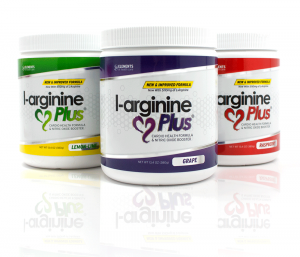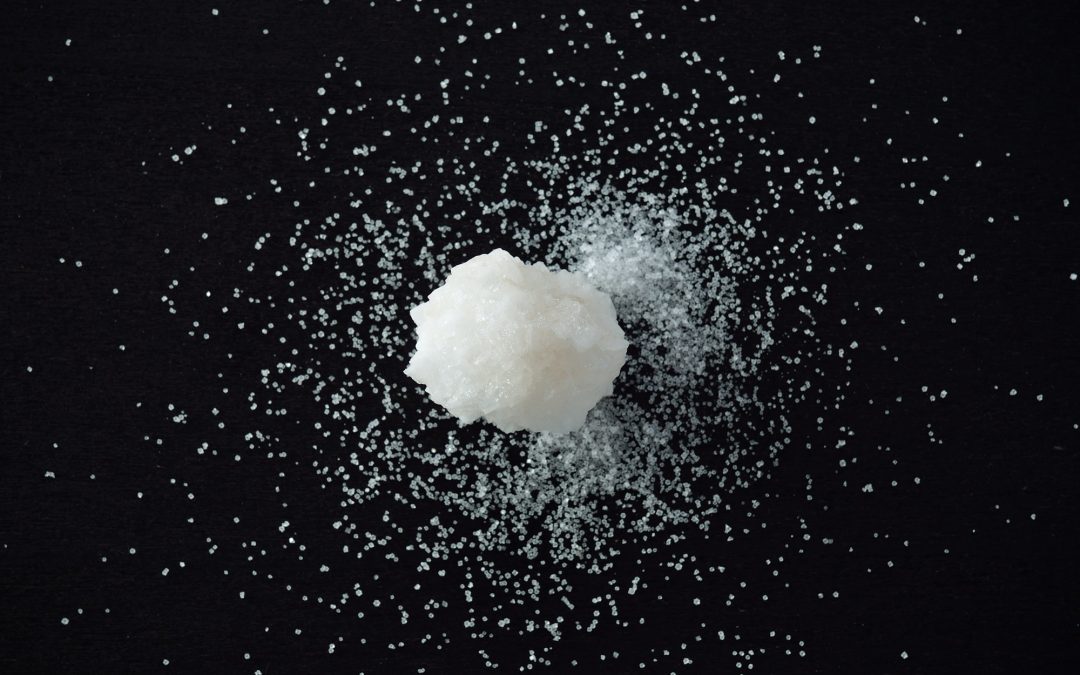Is there a connection between being salt-sensitive and hypertension? Find out the connection between salt sensitivity and high blood pressure.
According to the American Heart Association (AHA), hypertension is a significant risk factor for heart attacks and strokes. Moreover, people who have salt-sensitive hypertension (high blood pressure) can have a dangerous spike in their levels when eating something salty.
“Salt-sensitive hypertension is commonly seen in people aged 65 and older, individuals with existing kidney disease or reduced kidney function and African Americans, regardless of their age,” says George Bakris, MD, a professor of medicine and director of the American Heart Association Comprehensive Hypertension Center at the University of Chicago Medicine. “After a large salty meal, an older, very salt-sensitive individual can have a stroke. The increase in their blood pressure can be very dramatic.”
Salt and Blood Pressure
 The AHA recommends a maximum of 2,300 mg of sodium (salt) per day. “This is one leveled teaspoon of salt, and the average American diet contains 2.5 times more salt,” says Bakris. “That’s a lot of salt being eaten.”
The AHA recommends a maximum of 2,300 mg of sodium (salt) per day. “This is one leveled teaspoon of salt, and the average American diet contains 2.5 times more salt,” says Bakris. “That’s a lot of salt being eaten.”
While you may benefit from using the salt shaker less, the truth is that most of this salt consumption comes from processed foods. “One Chinese-style meal has a tremendous amount of salt – 4,000 to 8,000 mg, depending on what you order – and if you are salt sensitive, your blood pressure may increase by as much as 40 points within a few hours,” says Bakris.
“Your kidney has to get rid of that salt, and it takes your kidney 24 to 48 hours to recalibrate. You may find yourself getting up at night to pee often because your blood pressure is elevated from salt and your kidney is trying to lower it by peeing it out.”
Being Salt Sensitive
According to the AHA, about one in four Americans with normal blood pressure is salt sensitive. Moreover, about half of all individuals with hypertension are salt sensitive. While there is no definitive blood test to confirm that you are salt sensitive, you can measure your own blood pressure before and after eating a high-salt meal. “If it has gone up more than 10 to 15 mm Hg without anything else changing, you are [salt sensitive],” says Bakris.
The Outlook
 If you are salt sensitive, then consuming salty foods can drive your blood pressure to dangerous levels. However, you should take care not to consume too much sodium even if you’re not salt sensitive. Follow the AHA’s recommendations and cut back on salt if you want to improve your blood pressure health.
If you are salt sensitive, then consuming salty foods can drive your blood pressure to dangerous levels. However, you should take care not to consume too much sodium even if you’re not salt sensitive. Follow the AHA’s recommendations and cut back on salt if you want to improve your blood pressure health.
In addition, you can take supplements like L-arginine Plus to really boost your blood pressure health. Its ingredients effectively promote circulation, energy levels, and more. If you’re ready to support your blood pressure health, then reduce your salt consumption and take L-arginine Plus.

